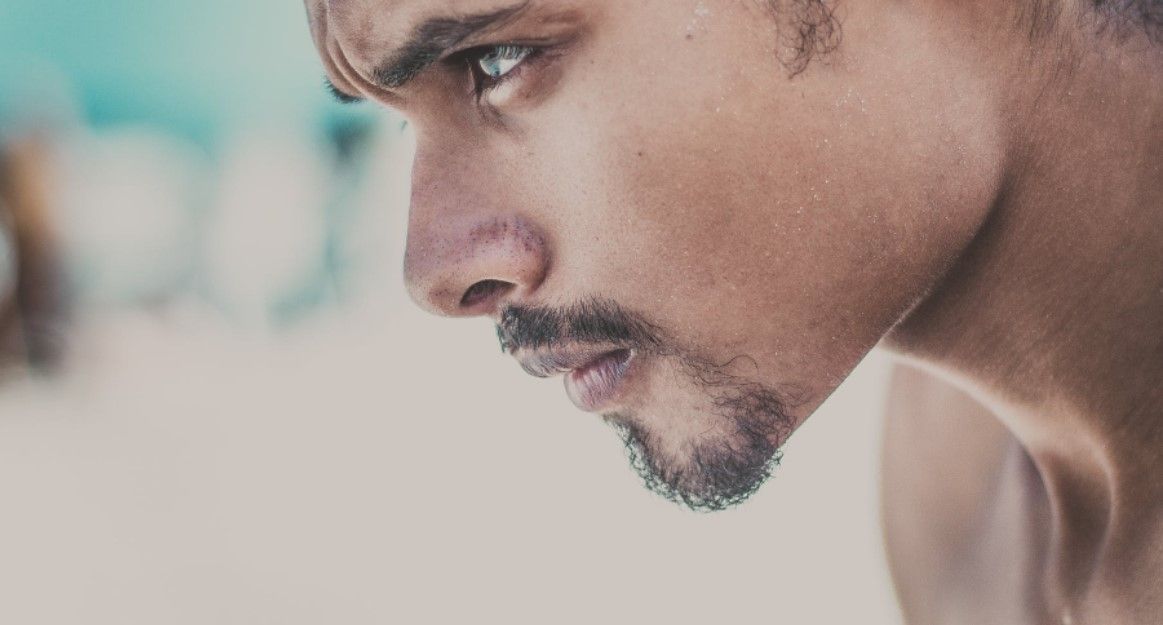
貓~偶爾懶散,偶爾機警,以不同的視角解讀這個世界。 對賺錢有濃厚興趣,尤其是加密幣,也喜歡分享自己的所思所想,希望透過網路以文會友。
Weekly 3-2-1: Doing what's important is faster than doing what's important, sort it out, don't need it! Delete what's not important first
Original link: https://jamesclear.com/3-2-1/ may-12-2022?rh_ref=ebaff8bc
Image source: https://www.pexels.com/zh-tw/search/reading/
3 Ideas From Me
i. "In the long-run, prioritization beats efficiency." Priority over efficiency in the long run
Pick the important things to do, if you only pick the trivial things to do, even if you do everything well, it may not be useful. Therefore, learning to distinguish what is important, what is more important, and even what is most important is a very important homework.
Once you find the most important thing, ignore other things, and do that important thing seriously.

II. When researching strategies, emphasize patterns over stories. When researching strategies, emphasize patterns over stories. One person succeeding means nothing. 100 people succeeding is a signal. A person's success means nothing. 100 people success is a signal. When explaining strategies, emphasize stories over patterns. People forget numbers and charts. Everyone remembers a great story. When explaining strategies, emphasize the story rather than the pattern. People forget about numbers and graphs. Everyone remembers a great story.
Patterns are "routines", and when you find a routine, you can use it repeatedly, and the more you use it, the smoother you get. When analyzing how others succeed, study their routines. However, when explaining the strategy, it is necessary to explain it with a story, because no one can understand the numbers and charts in seconds, but the story can penetrate rationality and reach emotion directly, and emotion is the bottom-level driving force that drives people to act.
III. When determining the size or complexity of a new habit ask yourself, "What can I stick to—even on my worst day?" When identifying the scale or complexity of a new habit, ask yourself, "What can I hold on to even on the worst day? Start there. Master the art of showing up. Then advance. Start there. Master the art of showing. then move on
New habits are always difficult to develop, think about the worst, what can you stick to?! Start developing new habits from there.
Honestly, I don't quite understand what this means. I think it should also assume a worst-case scenario, imagine how you would react in that situation, and from that response, find something that can continue to advance!
2 Quotes From Others
i. Painter Georgia O'Keeffe on making the most of what you have: "Where I was born and where and how I have lived is unimportant. It is what I have done with where I have been that should be of interest." Painter Georgia O'Keeffe on making the most of what you have: "Where was I born? Where am I? And how do I live? It doesn't matter. I should be interested in what I did where I was."
Source: Autobiography
Cherish what you have, pay attention to what you are doing at the moment, enjoy that moment!
II. Poet Jenny Xie on how reading is a form of travel: Poet Jenny Xie talks about reading as a way to travel: "Reading is migratory, an act of transport, from one life to another, one mind to another. Just like geographic travel, reading involves estrangement that comes with the process of dislocating from a familiar context. I gather energy from this kind of movement, this estranging and unsettling, and I welcome it precisely because it's conducive to examination, interrogation, reordering. Travel, imaginative or physical, can sharpen perception and force a measuring of distance and difference." Reading is a migration, an act of transport, from one life to another, one thought to another. Like geographic travel, reading involves alienation in the process of disconnecting from familiar surroundings. I gather energy from this movement, this alienation and unease, and I welcome it precisely because it helps to scrutinize, interrogate, reorder. Both imagined and actual travel can enhance perception and force people to measure distances and differences.
Source: The Self Is a Fiction
Reading is indeed a way of travel. In addition to geographical travel, you can travel through time and space . No wonder so many people are willing to take the time to read well.

1 Question For You
Before you ask, "What should I do today?" Ask yourself, "What should I remove today?" Create the space you need to succeed. Before you ask "What should I do today" ask yourself, "What should I delete today?" Create the space you need to succeed.
Echoing the beginning, doing the right thing is more important than doing the right thing, but there are too many things to do in life, which one should be done first, it will take a lot of time to think, think in reverse, delete the unimportant first , move out of the space and focus on one thing!
Like my work?
Don't forget to support or like, so I know you are with me..

雞精煉製所

***想免費加入圍爐的,請在貓眼看世界任何一篇文章中留言<我要喝雞精>**** 雞湯濃縮後成為雞精,搭建這個圍爐,用大伙圍爐的爐火,來煉製一批好的雞精,讓共襄圍爐的人可以BeingWelthy,成為富足之人。 除其朝向[手把手教學]、[雞湯文]、[加密投資]、[思考與精進]等系列,目標一周輸出一篇文章與爐友共同討論。透過圍爐吸引對我文章有興趣的人,圍成一圈可以更有互動。
Comment…